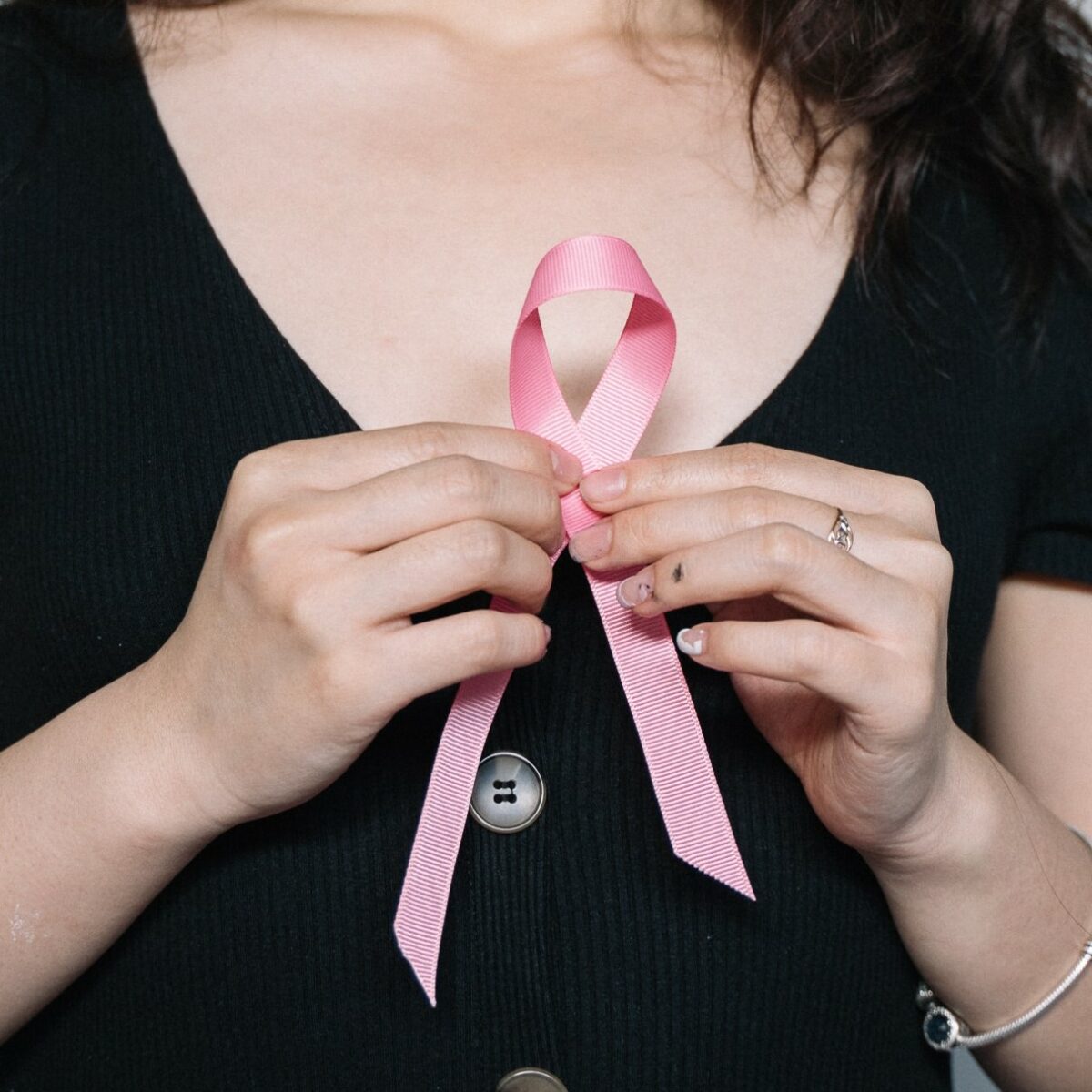by anonymous.
There is a very thin line that holds the fabric of our lives together.
Things can change at any minute. These are my reflections from the perspective of going through the journey alongside a person with cancer.
The Second World War broke out on 3rd September in 1939. A different kind of battle started in our house on that day in 2020. The word cancer was first mentioned by hospital staff. My wonderful partner was diagnosed with stage 3 breast cancer. Barely two weeks earlier a visit to the GP had led to an urgent referral to the Breast Cancer Clinic at Southampton General Hospital. The NHS moved fast despite the current pandemic. A whirlwind of tests, consultations and results followed. The biopsy showed that a lumpectomy was not the way forward. There was a spread to the lymph nodes. A full mastectomy will be required.
Shock is a strange beast to wrestle with as at first you feel numb, which stops you feeling. Disbelief follows – surely this can’t be happening? Then reality sets in. Ours is a very close relationship and I knew I would be there every step along the way. How anyone who is on their own or without a support network copes with such a life changing event is hard to imagine.
A treatment plan was devised which meant two different chemotherapy drugs would be given over a period of four months. Then surgery, then radiotherapy and finally immunotherapy. That process will take at least a year.
I wasn’t really aware of how unwell chemotherapy can make the patient feel. You are under a chemical cosh and can feel horribly nauseous for at least a week. Doing anything becomes a major effort. Food becomes just functional as everything tastes and smells different.
Then you start to recover and venture outside for gentle walks into what feels an alien environment. Just as you start to feel normal another round of drugs and the “Groundhog Day” starts again. Chemotherapy is a necessary evil that makes you temporarily unwell to become better. Chemotherapy affects bone marrow and the production of red and white blood cells. The immune system is unable to work properly. Self administered injections are needed to boost white cells.
All this during the worst public health crisis in 100 years. I can fully sympathise with anyone needing medical treatment at present. It is isolating at the best of times. With covid, hospital appointments are faced alone. Normal group support networks are now suspended or online. Lock down minimises the family support visits you would usually expect.
I need to stay well myself so I can look after the wonderful person who looked after me during my own health event, with a brain haemorrhage in 2017. If I brought a cough, let alone covid 19 into the house, then it could have serious consequences. There is a steep learning curve and I read all I could online.
UB40 once wrote a song about the high rate of unemployment called 1 in 10. Since 2015, it has been accepted that an astonishing 1 in 2 of us will have some form of cancer. Until then the agreed estimate was 1 in 3. Breast cancer can happen at any age but is most common in women between 50 and 70. That is when the national screening programme offers a mammogram check up once every three years. A very small percentage of men can get it as well.
Hair loss is difficult for anyone, it is part of our identity. It surprised me how quickly the lovely long hair disappeared. We are at the early stages of treatment. October was Breast Cancer Awareness month and there was much publicity about the importance of not missing scans to diagnose this disease. It’s really important that cancer services run fully alongside provision for covid 19 patients.
The current pandemic has happened so quickly and been the focus of attention but it is also vital that resources are maintained for the rapid treatment of cancer.
For more information:

